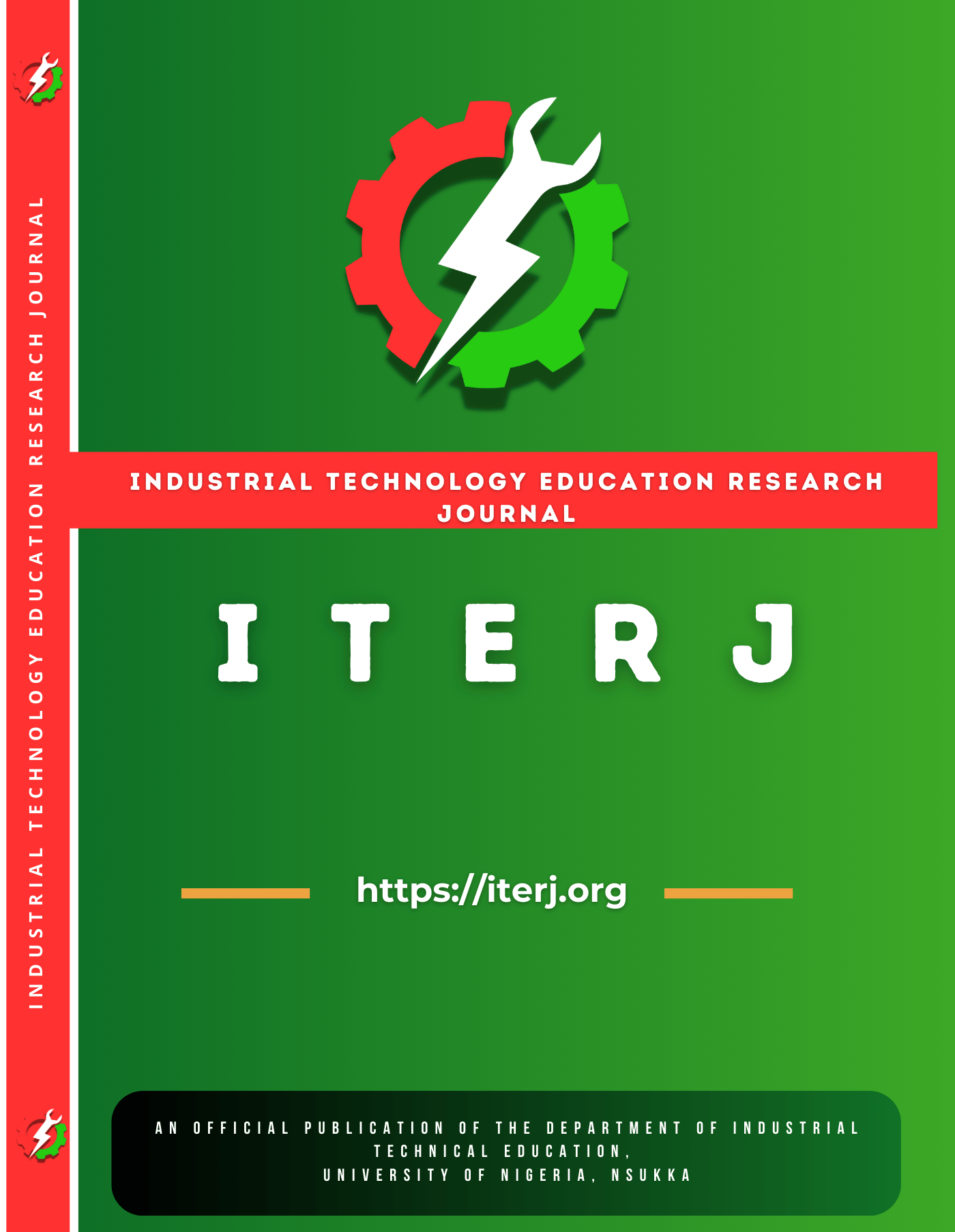Evaluating the Effectiveness of Community Land Trusts in Providing Affordable HousingOptions for Minimum Wage Earners in Lagos State
Keywords:
Community Land Trusts, affordability housing, minimum wage earners, community development, land use act, shared equityAbstract
The study explored the potentials of community land trusts (CLTs) as the solution to the housing affordability crisis faced by minimum wage earners in Ikorodu Local Government Area of Lagos State. The design of the study was a mixed approach, gathering data through in-depth interviews with focus groups and survey questionnaires for minimum wage earners, housing experts, government officials, and community leaders, whose expert opinions were germane to the study. A sample of 240 respondents was drawn from the entire population, taking into consideration the aforementioned stakeholders in this order: 120 minimum wage earners, 40 housing experts, 40 government officials, and 40 community leaders, who were purposively selected. The instrument consisted of 38 item statements, with a 4-point rating scale. The instrument was validated by three experts in Industrial Technical Education, University of Nigeria, Nsukka. Data collected were analyzed using the mean and standard deviation. The findings revealed strong support for CLTs among respondents, who believe that CLTs can significantly reduce housing costs and provide long-term housing stability. The study also identified several challenges, including legal barriers posed by the Land Use Act of 1978, cultural attitudes favoring individual land ownership, and concerns about financial sustainability. Despite these challenges, opportunities exist for its successful implementation, particularly through government support, public-private partnerships, and community engagement. The study recommended policy reform, public awareness campaigns, and the establishment of a pilot CLT project in the Ikorodu area of Lagos State to demonstrate the feasibility and benefits of the model.








